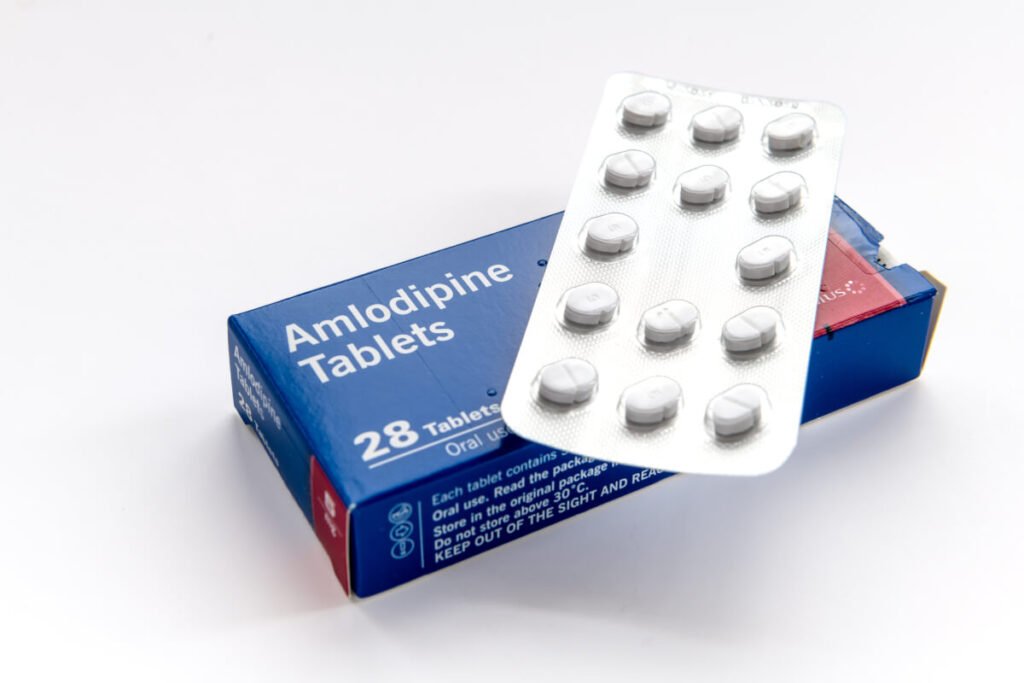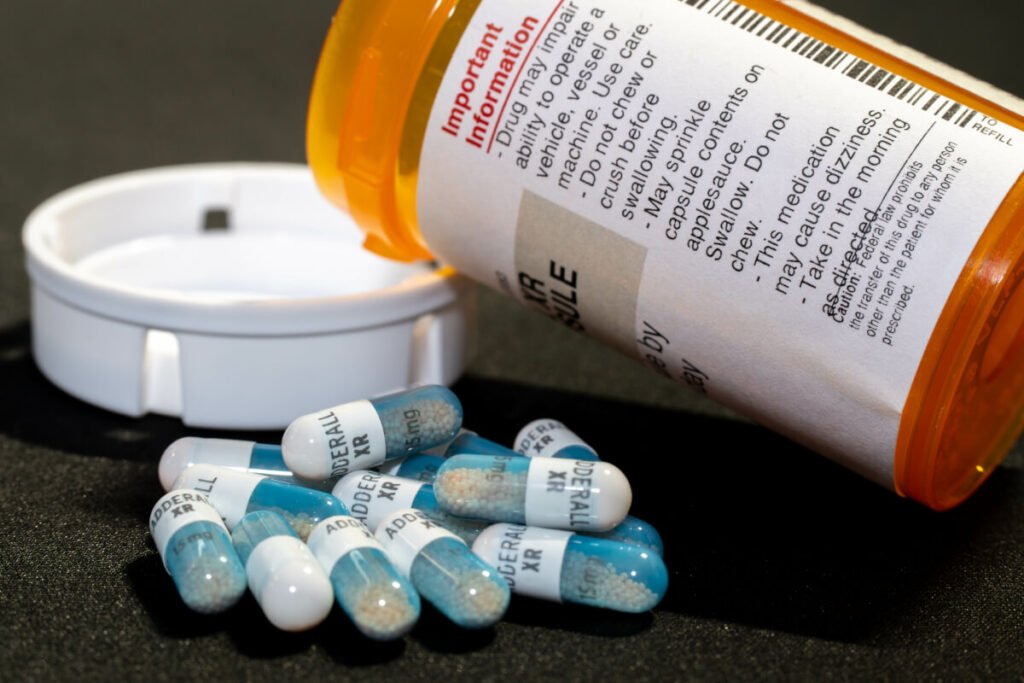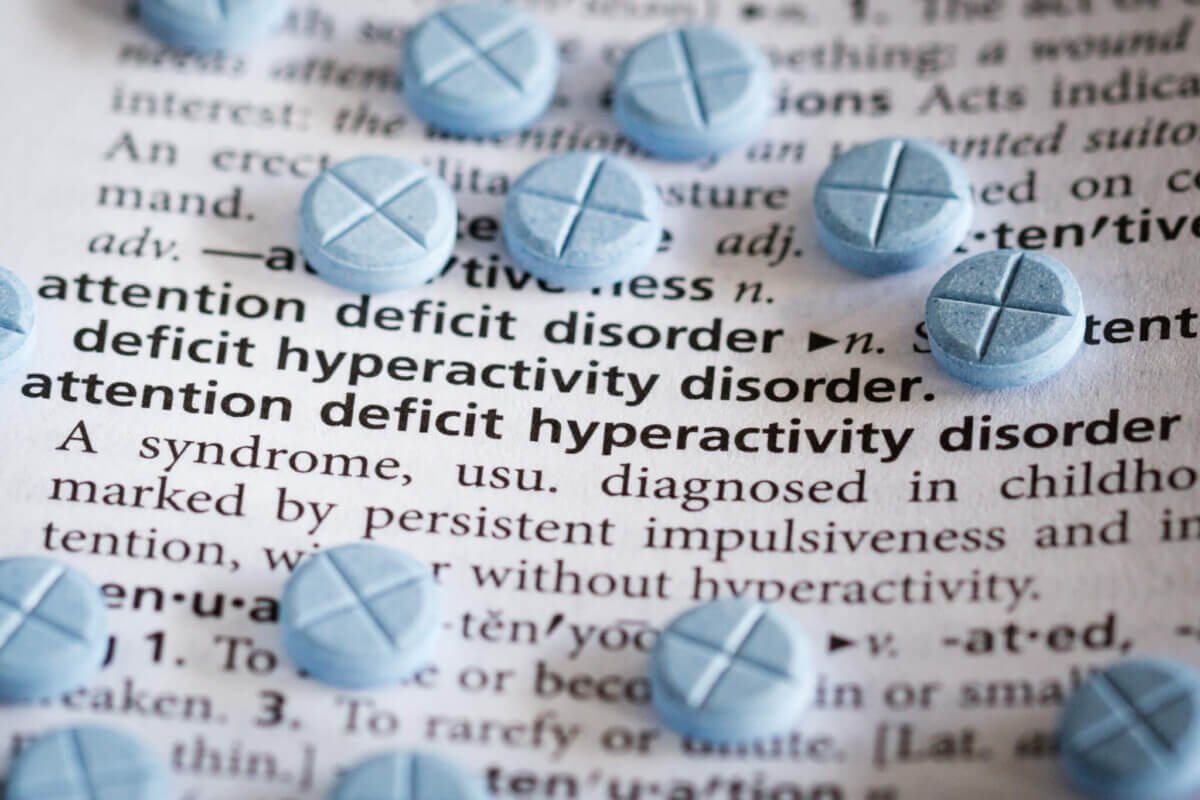SURREY, England — Could a common blood pressure pill be the next big thing in ADHD treatment? Scientists think it’s possible. Amlodipine, a drug typically prescribed for hypertension, has shown surprising effects on hyperactivity and impulsivity. And unlike standard ADHD medications, it might not come with the same baggage of side effects and addiction risks. But before we get ahead of ourselves—does the research really back it up?
The Growing Need for New ADHD Treatments
ADHD (Attention-Deficit/Hyperactivity Disorder) affects roughly 11% of children and 6% of adults in the U.S., according to the CDC. It’s more than just an occasional struggle to focus—people with ADHD deal with relentless challenges in attention, impulse control, and hyperactivity that can disrupt every aspect of life. Medications like Adderall and Ritalin help many patients, but they come at a cost: appetite loss, sleep issues, headaches, and a concerning potential for abuse. Even worse? They don’t work for about 25% of patients.
That’s where researchers from Iceland, Germany, and the UK come in. They wanted to see if amlodipine, an already well-established drug, could step up to fill these treatment gaps. Their findings, published in Neuropsychopharmacology, suggest there may be real promise—but with some caveats.

Animal Studies Show Promising (but Uneven) Results
The first round of testing focused on rats. Female rats treated with amlodipine showed a clear drop in hyperactivity, but the results were murkier for male rats. Only when researchers combined the data from both sexes did the numbers become statistically significant. That’s not exactly a slam-dunk endorsement, but it’s enough to raise eyebrows.
Then came the zebrafish experiments. These weren’t just any fish—they were specially bred to mimic ADHD-like behaviors. The results? Amlodipine significantly reduced hyperactivity and impulsivity. The fish even performed better in tasks requiring patience, which is a big deal given that impulse control is one of the biggest struggles for people with ADHD.
Breaking Through the Blood-Brain Barrier
Here’s where things get really interesting. A long-held assumption was that amlodipine couldn’t cross the blood-brain barrier, which would make it useless for treating neurological conditions. But this study shattered that belief. Not only does amlodipine reach the brain, but it also reduces activity in areas linked to ADHD symptoms. That’s a major revelation—and one that demands more scrutiny.
Human Data Hints at a Connection
Animal studies are one thing, but what about actual human evidence? To explore that, researchers turned to genetic data and the UK Biobank, a massive database with health records from hundreds of thousands of people. They found something intriguing: Individuals taking amlodipine for blood pressure reported fewer ADHD-related symptoms—like mood swings and risk-taking—than those on other hypertension medications.
Now, correlation doesn’t mean causation, and there are plenty of unanswered questions here. Are these people truly experiencing ADHD relief from amlodipine, or is something else at play? That’s what future research will need to determine.
A Different Approach to ADHD Treatment
Most ADHD medications target dopamine and norepinephrine, brain chemicals involved in focus and reward. Amlodipine takes an entirely different route—it influences calcium channels in brain cells. This alternative mechanism could make it especially useful for people who don’t respond to traditional ADHD meds.
Dr. Matthew Parker, co-author of the study from the University of Surrey, is cautiously optimistic. “Repurposing amlodipine, a well-established blood pressure medication, offers a promising and swift pathway to address ADHD symptoms,” he says. “Our research indicates that, due to its existing approval and safety profile, amlodipine could be rapidly redeployed as a treatment option for ADHD, potentially providing relief to patients sooner than developing new medications.”

A Fast-Tracked Treatment—or Just Hype?
Repurposing existing medications can be a game-changer. The safety profiles are already established, the side effects are well-documented, and generic versions keep costs low. But excitement needs to be balanced with caution. So far, we only have animal studies, genetic data, and observational reports—not clinical trials specifically testing amlodipine in ADHD patients.
That’s the next step. If controlled human trials confirm its effectiveness, amlodipine could become an affordable, safer alternative to current ADHD treatments. Until then, the idea remains just that—a promising but unproven hypothesis.
Could Amlodipine Be the Breakthrough ADHD Patients Need?
It’s too soon to say for sure, but the possibility is worth watching. If further research holds up, a medication that’s been sitting in medicine cabinets for decades might just have an unexpected second life in treating ADHD.
Trump’s Energy Plans Are Creating Surprising Opportunities for Investors

